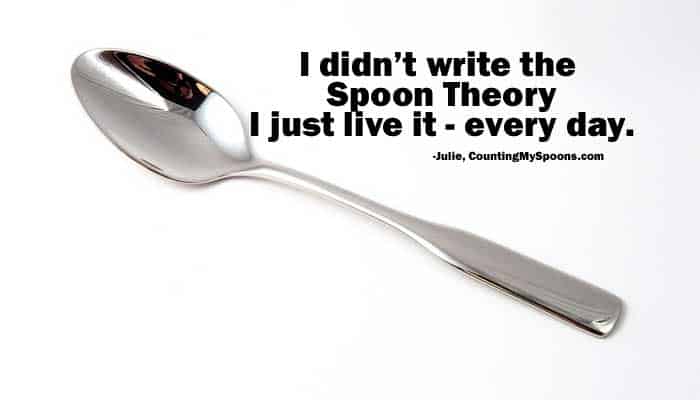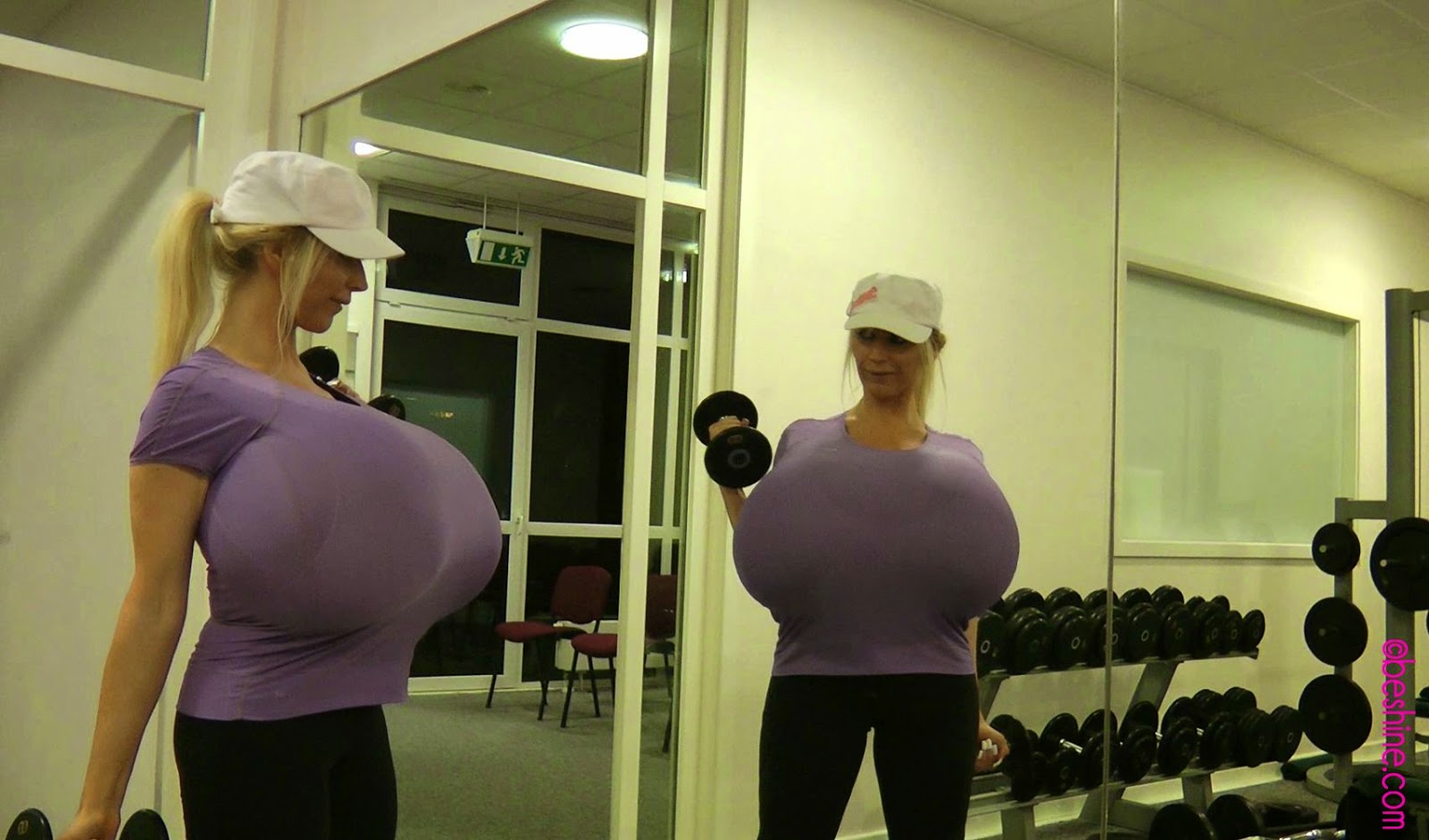Understanding 'The Spoon Theory.'

Living with chronic pain and/or chronic illness can be grueling. The simplest tasks that you once did without even thinking about it (getting ready for the day, brushing teeth, getting dressed, going up and down stairs, etc.), are now the energy equivalent of climbing Mount Everest.
Each activity of daily living causes extreme pain and extreme exhaustion.
Each activity of daily living causes extreme pain and extreme exhaustion.
People in your life have difficulty understanding what life is like being chronically ill and/or suffering from chronic pain. They say, "Well, this natural remedy worked wonders for my cousin's sister's daughter's co-worker's wife!" People may look at you and ask you when you will be done with being sick. Some may even question how sick you are by saying, "But you don't look sick."
These comments are ones that Christine Miserandino constantly heard.
Christine Miserandino is a woman who suffers from Lupus. One day, she was sitting in a diner with her best friend and her friend asked her what it felt like to have Lupus. Christine went on about the aches, pains, and pills that she needs to take in order to keep her Lupus under control. Her best friend wanted to know how it felt to be sick, in a non-physical sense.
Christine looked around the diner for inspiration on how to explain it. She got up and grabbed a bunch of spoons. She brought 12 spoons back and gave them to her friend, saying, "Here you go, you have Lupus." Her friend looked at her, completely puzzled. Christine explained that the difference in being healthy and being sick is making a choice about doing or completing tasks that the rest of the world wouldn't ever consciously think about. She explained how the healthy have the luxury of living a life without choices, and how most individuals start their days with an unlimited amount of energy and choices.
Christine explained that the spoons signified energy that can be used to complete a certain task. She then asked her friend to list the tasks that she completes on a daily basis. Christine told her friend that each task would cost her a spoon.
At the end of the exercise, Christine's friend was in tears. She began to realize how much Christine went through on a daily basis in order to survive.
Here is the spoon theory that I use:

My story:
When I injured my spine, and subsequently became sick, I had a lot of responsibilities. I was in a relationship that I was trying hard to keep. I was trying to fit in with his family members, who didn't like me much because of my health issues. I was trying hard to stay employed. When I lost the ability to be employed, it broke me. I was working as a CNA, a job that I loved almost as much as writing. I took care of individuals who suffered from dementia. It was challenging, it was gross at times, and yeah, some of those old bitties kicked my a**, but the good moments made all of it worth it.
Not only have I been dealing with pain from the spinal condition, I sometimes have trouble walking and keeping my balance. Sometimes I have bladder issues (this one is new and embarrassing to admit, but I know that there are other 30-somethings out there who have spinal issues and bladder issues. You are NOT ALONE).
Getting sick was the icing on the cake. While I already had been diagnosed with Celiac Disease long before all of these other issues occurred, last year I was diagnosed with Crohn's Disease. So, I get to deal with more pain, just on the other side. There are days when I feel like I'm being gutted like a catfish.
Recently, I have become sick again, and I'm not sure with what. I haven't done the spoon theory in a while, and since I have been dealing with severe fatigue and swollen glands for two months, I'm thinking about going back to my spoonie ways.
Once someone is out of spoons, you're done for the day. While you could borrow spoons from the next day, you never know when you will need that emergency spoon.
For people like me, for people like Christine, for people like my friend Miriam, and for the 50 million other individuals who suffer from autoimmune diseases, it is important that we slow things down and focus on our health.
For my fellow chronically ill warriors:

